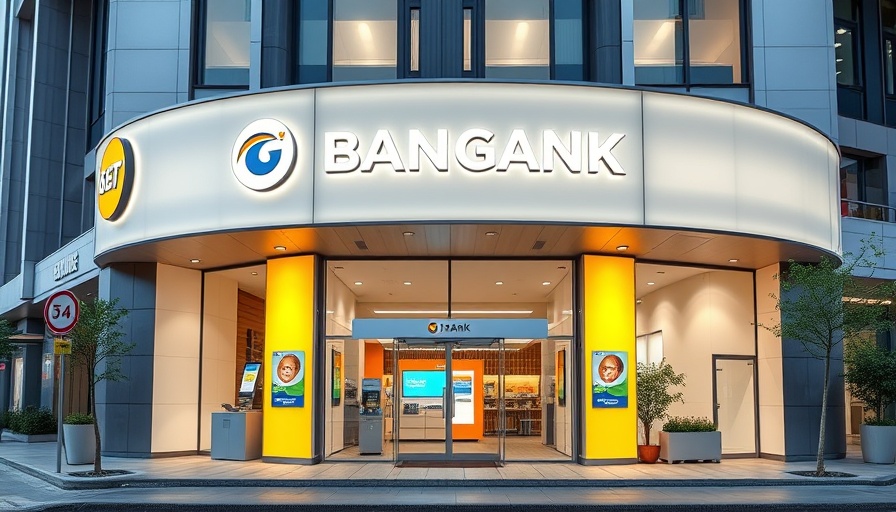
Capitec Bank Raises Salaries, Shifting South African Banking Landscape
In a bold move reflecting the evolving dynamics of the South African banking sector, Capitec Bank has announced significant salary increases for its employees, aligning their wages with the competitive market for top talent. With 62% of staff now making over $13,000 annually, Capitec is setting a high benchmark for other financial institutions in the region.
Driving Forces Behind the Salary Surge
The shift towards higher pay is not merely an isolated initiative by Capitec but part of a broader trend among South African banks. Competitors such as Absa and Standard Bank have also raised salaries to attract skilled professionals, driven by a need to navigate a competitive landscape shaped by evolving consumer expectations and digital transformation. For instance, Absa’s minimum salary increase to $13,268 represents an 8.7% rise compared to the previous year.
Macroeconomic Trends Influencing Pay Structures
According to payroll consultancy reports, salaries in South Africa are projected to rise by 5.5% in 2025, surpassing inflation rates. Such economic factors are pivotal as they contribute to a significant decrease in the number of employees earning below the $13,000 mark, with those under $9,500 declining to just 2%. The evolving employee demographics in the banking sector signify a transition towards a more skilled workforce, which necessitates attractive remuneration packages.
Capitec’s Strategic Talent Management
Capitec’s focus on retention is paying off, with a low voluntary resignation rate of 11.6%. This strategic emphasis on internal promotions continues to cultivate a work environment where employees feel valued and engaged. As the bank prepares for a leadership transition, the outgoing CEO, Gerrie Fourie, has set a strong precedent with his remarkable income, further emphasizing the significance of top talent in driving a bank's success.
Implications for Future of Work in Africa
As the banking sector adapts to a digital-first approach, disruptions from fintech innovations like digital payments and blockchain technologies are reshaping employment landscapes across Africa. Capitec’s salary raises are more than a response to current economic conditions; they symbolize a proactive approach to securing human capital in an era where automation and AI are pivotal to operational success. This trend is indispensable in positioning for the future of work in Africa.
Conclusion: A Catalyst for Change
Capitec’s salary enhancements highlight a pivotal shift in the South African banking industry’s commitment to innovation and employee welfare. With ongoing investments in tech and talent, coupled with the rise of fintech solutions, banks across the continent must adapt to remain competitive and relevant. As we navigate the transformative waves of the digital era, the steps taken by organizations like Capitec will undoubtedly set the tone for future developments in the financial landscape.
 Add Row
Add Row  Add
Add 


Write A Comment